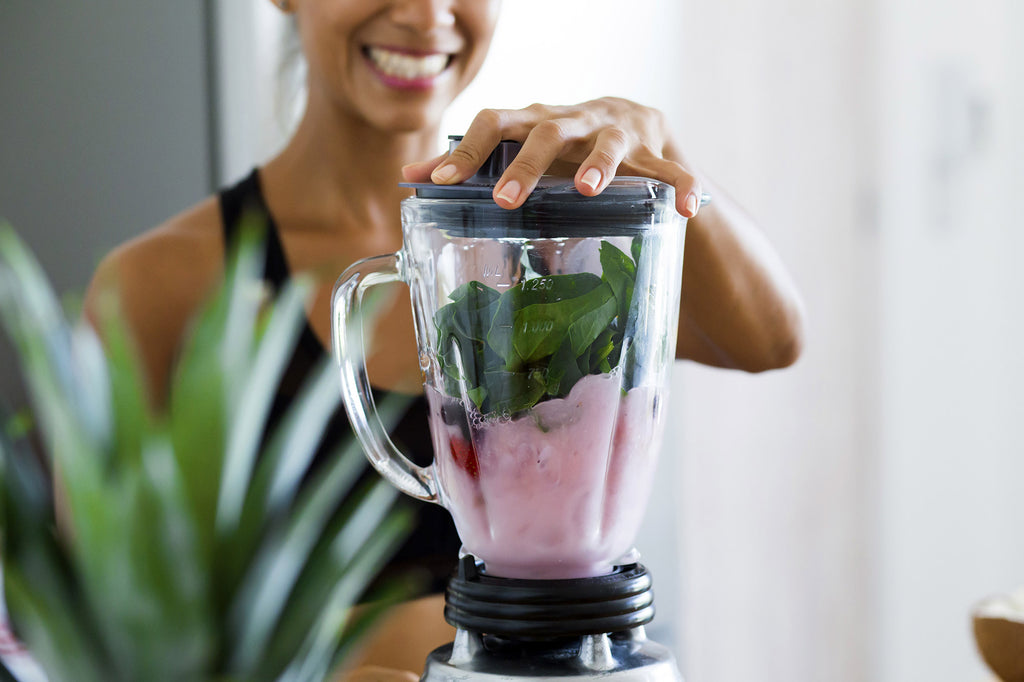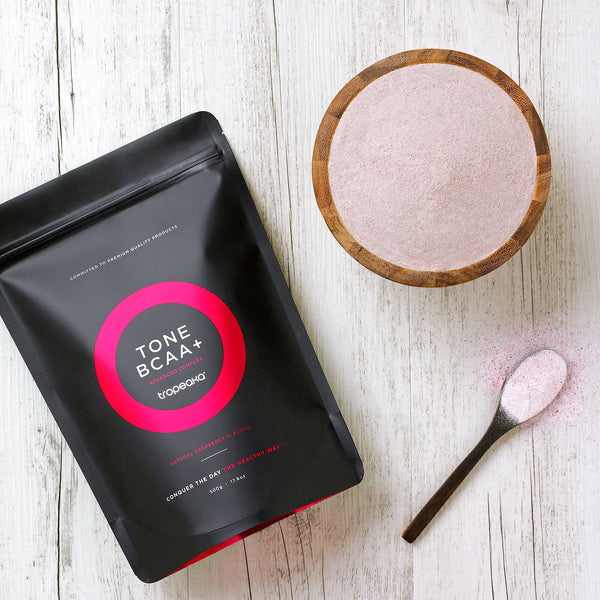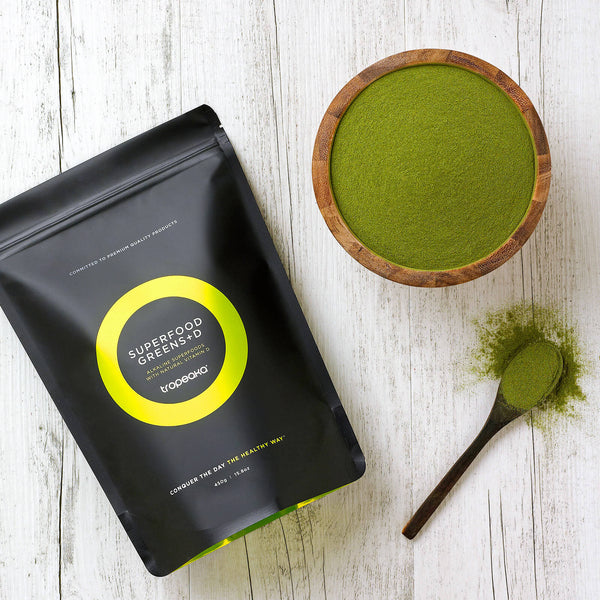Feel your best with these simple yet highly effective injury prevention tips!
W
hen we've finally got into the swing of a great exercise routine and we're feeling motivated and inspired, the last thing we need is an injury.
Whether it’s something serious like a broken bone or just a mild muscle strain, an injury can be a disheartening interruption to your fitness journey.
Fortunately, there are many things we can do to drastically reduce the risk of exercise-related injury, keep ourselves safe, and on track towards our fitness goals.
Here are the 10 keys to injury prevention.
1
Warm up
Have you ever had to suddenly sprint to catch a bus you didn’t realise you were late for, only to spend the rest of the day (or week) limping around on an injured ankle?
This is a classic example of what can happen if we don't warm up! The point of warming up is to raise the temperature of the groups of muscles you're going to be working. Cold muscles are stiff and more likely to be injured if they're thrown suddenly into intense exercise.
Warming up also loosens our joints and brings our awareness into our bodies. Although many of us skip the warm up to save time, the whole body can be warmed up in as little as 5 minutes, and since it's both the easiest and most important key to injury prevention, it's definitely worth it. Make time!
A good stretching session at the end of your workout is the best way to reduce next-day muscle soreness
2
Stretch
Stretching helps relax and elongate our muscles, making them more pliable and resistant to injury. Not only does a quick stretch between sets promote circulation and muscle repair, but it’s also a great way to loosen up and avoid a painful muscle strain.
A good stretching session at the end of your workout is the best way to reduce next-day muscle soreness, and ensure a quicker recovery with much less hobbling and groaning.
3
Focus!
Concentration is a must for safe and effective workouts. Although we all want to reach our fitness goals as quickly as possible, starting at top speed and maximum intensity is not the answer.
Focusing on proper technique and gradually increasing the intensity of our workouts is the most efficient way to get to where we want to be. Concentrating on form drastically reduces the chance of a pulled muscle or damaged tendon, and also allows us to hone in on the muscle groups being trained.
4
Know your limits
How heavy is too heavy? If you can't make controlled movements and have to jerk to lift a weight, it's too heavy (for now). You won't gain anything from lifting more than you can safely handle, and you'll be at high risk of an injury, not to mention the threat that flying dumbbells and wayward barbells pose to other gym users! Remember that progressive overload is key, and if you are lifting heavy, make sure you have a competent and trustworthy spotter!
How fast is too fast? If you’re completely new to running and decide to jump on the treadmill to run 5km in 20 minutes, it’s probably not going to end well. Even if you do make it, the stress of an unfamiliar exercise at such high intensity is a danger to even the fittest body.
Knowing your limits isn’t about pushing to the very end of what’s physically possible. It’s about knowing how to stay safe while you challenge yourself.

5
Rest and Recover, but keep it Regular
Two of the most common causes of exercise-related injury are training too sporadically and overtraining. Doing intense workouts in between long bouts of inactivity is dangerous, but so is training too frequently with insufficient time to recover.
It's all about finding your ideal balance of regularity and rest. This will be different for everyone, depending on our individual goals, current fitness levels, and many other factors. A good place to start is 3-4 sessions each week, of no more than 1-hour duration.
A personal trainer can help keep you safe from injury by making sure you have correct form
6
Get a personal trainer
Even personal trainers get personal trainers. This is because they understand the value of having support, encouragement and guidance through their training and on the way to their goals, even though they already know a lot about exercise.
A personal trainer can help keep you safe from injury by making sure you have correct form, and that you're training at the ideal intensity. Having a personal trainer around to keep you safe and motivated is undoubtedly a worthwhile investment.
7
Listen to your body
You've probably heard the phrase, 'no pain, no gain,' but don't be misled; you shouldn't experience pain during a workout. It's important to listen to your body and be able to distinguish between the normal discomfort of a tough workout, and when your body is telling you something is wrong.
By the time you're in severe pain, an injury has probably already occurred. If we listen to our bodies, they'll tell us when one more rep is not such a good idea, when we need to drop our pace a little, and when we need an extra day of rest.
8
Dress right for your workout
Not only is activewear super comfy and beyond stylish, but it's also a crucial part of an injury-free workout. By investing in good quality, sport-specific shoes that support your feet, and breathable, stretchy clothes that allow you to move freely, you'll safely take your workouts to the next level.
You’ll look the part and avoid all kinds of dangerous wardrobe malfunctions that can happen when you’re not dressed right for a workout.
9
Train for your sport
Joining a sports team is a great way to stay active and meet new people, but it's a mistake to think that merely turning up for the match is all you need to get in shape. In reality, playing sport puts us at a high risk of avoidable injuries if we don't have an adequate training program in place.
A conditioning program of sport-specific exercises will ensure your body is strong, mobile and ready for impact. For best results, learn about the specific fitness components of your sport and train with your teammates!

10
Fuel your body
If you under eat or fill up on poor quality food, you’re at a much higher risk of getting hurt when you workout. Your body needs the right fuel to perform at its best and avoid injury, so make sure you’re aware of your daily caloric and nutritional requirements.
You may even want to consider tracking your intake and output on an app like Chronometer or MyFitnessPal. You don’t need to do this all the time, but it’s helpful to check in every so often to make sure you’re on track.
Eating a good balance of carbohydrates, protein and healthy fats is essential for fuelling a fitness lifestyle, both during your workout sessions and throughout your recovery time. To take your nutrition to the next level, choose a complete and nourishing wholefood protein that’s full of fibre and minerals.
If you can incorporate all 10 keys to injury prevention into your fitness lifestyle, your risk of injury will be very low, and any setbacks will be few and far between!





